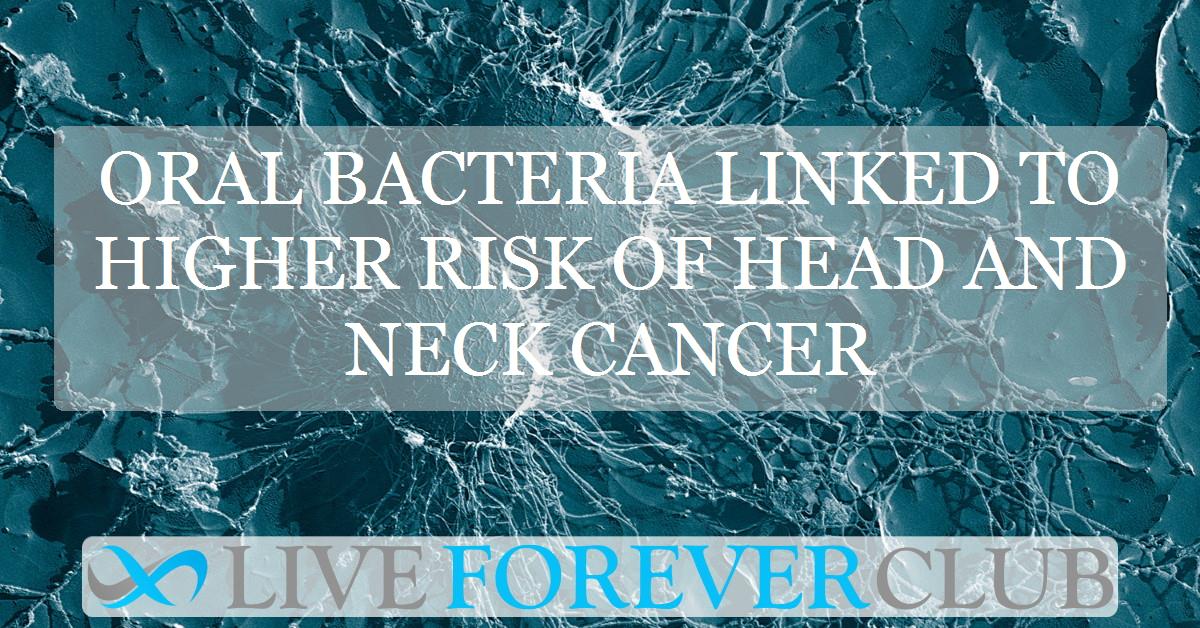Key points from article :
A recent study has linked certain bacteria found in the mouth to a 50% increased risk of developing head and neck squamous cell carcinoma (HNSCC), the most common type of cancer in the mouth and throat. Researchers at NYU Langone Health and the Perlmutter Cancer Center identified 13 bacterial species in the oral microbiome that either raise or lower the risk of HNSCC, especially when combined with bacteria known to cause gum disease. The findings suggest that these bacteria may serve as biomarkers, helping to flag those at high risk for these cancers.
The research, published in JAMA Oncology, is one of the most comprehensive analyses of its kind, examining the role of oral bacteria and fungi in cancer risk. While fungi were found not to play a role, the study highlighted the importance of maintaining good oral hygiene as a potential way to reduce the risk of these cancers. The researchers noted that brushing and flossing not only help prevent gum disease but may also lower the risk of HNSCC.
Although the study established a link between oral bacteria and cancer, it did not prove a direct cause-and-effect relationship, which will require further investigation. Researchers are now focused on exploring how these bacteria contribute to cancer development and how to intervene effectively. Despite these findings, head and neck cancers remain relatively uncommon.







